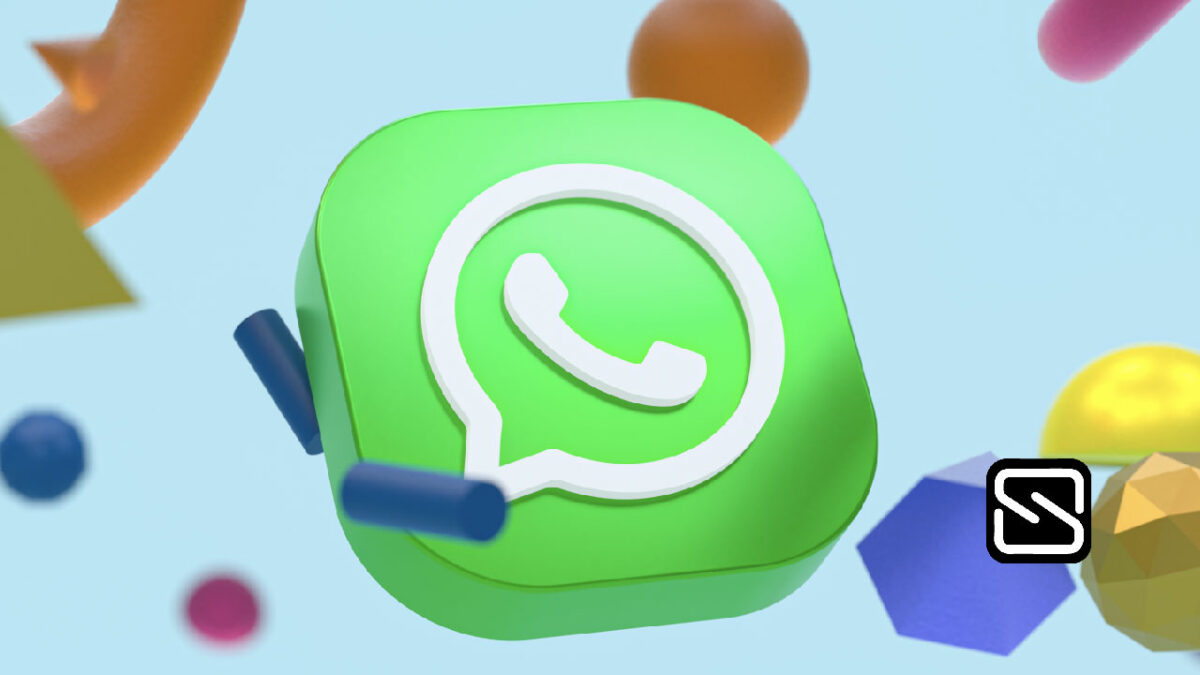Elon Musk has used recent interviews and his Twitter account to voice frustrations over the state of social media currently. He, however, isn’t alone on this crusade as a number of growing startups and entrepreneurs are looking to challenge the system.
In an ironic twist, many of these startups were founded based on experiences with the tech supergiant and the social media industry’s biggest player, Facebook, and how it has grown into its conglomerate company known as Meta.
This is the story of the experience of Neeraj Arora who was the Chief Business Officer of WhatsApp in 2014 but on 5th May 2022, took to his Twitter account to express how he regretted having helped negotiate WhatsApp’s $22 billion sale to Facebook. In Arora’s account, this is where things went wrong for the company founded in 2009 by Jan Koum and Brian Acton.
Arora joined the WhatsApp team in 2011 as the Chief Business Officer and shortly after, in 2012/13, they were approached by Mark Zuckerberg and Facebook about an acquisition.
Having declined Facebook’s initial offer, WhatsApp opted to keep growing and it was not long till Facebook came knocking again in 2014 with an offer that this time was made to look like a partnership.
The deal included full support for Whatsapp’s end-to-end encryption, no ads (ever), complete independence on product decisions, and a board seat for WhatsApp co-founder, Jan Koum, all complete with their own office in Mountain View overlooking the prestigious Silicon Valley among others.
For anyone who has had to deal with the question, “What is your Whatsapp number?”- especially in the earlier days, the importance of WhatsApp as a communication mode can not be overlooked especially where international communication is involved.
WhatsApp provided a convenient way to stay connected without having to pay those hefty fees for long-distance SMS or calling fees and the company made money by charging users $1 to download the app.
At the time Facebook (said they) supported the WhatsApp mission and vision so as they talked through the acquisition, a few things were made clear by the WhatsApp team from the start: no mining of user data, no ads (ever) and no cross-platform tracking.
In February 2014, Facebook acquired WhatsApp for $22 billion in cash and stocks but around 2017 and 2018, things started looking different from the original plan.
September 2017 saw WhatsApp co-founder, Brian Acton leave Facebook over concerns about how the company intended to monetize WhatsApp. He went on to pledge $50 million to fund the process of making private communication available to everyone with the Signal Foundation.
Later still, in 2018, Facebook was rocked with scandal as it was discovered that the company breached data protection laws and allowed Cambridge Analytica to harvest the data of up to 87 million people without their consent worldwide.
In doing this Facebook failed to keep users’ personal information secure and in September 2018 Brian Acton sent a scandalous tweet that sent social media spheres into a frenzy as he called for Facebook to be deleted.
Brian Acton tweets #deletefacebook
Currently, WhatsApp is Facebook’s second-largest platform (even bigger than Instagram or FB Messenger) with over 2 billion users worldwide but according to Arora and other earlier developers, it’s a shadow of the product they poured their hearts into and wanted to build for the world.
Arora called out tech companies saying they need to admit when they have done wrong emphasizing that he is not the only one who regrets having had WhatsApp join Facebook especially when it did.
“Nobody knew in the beginning that Facebook would become a Frankenstein monster that devoured user data and spat out dirty money. We didn’t either,” Arora said in his Twitter thread.
He closed off by pointing out that in order for the Tech ecosystem to evolve, we need to talk about how perverse business models cause well-intentioned products, services, and ideas to go wrong.
Neeraj Arora has since gone on to become the co-founder of another social media app called HalloApp which boasts about connecting real people in real life in real privacy with no ads.
